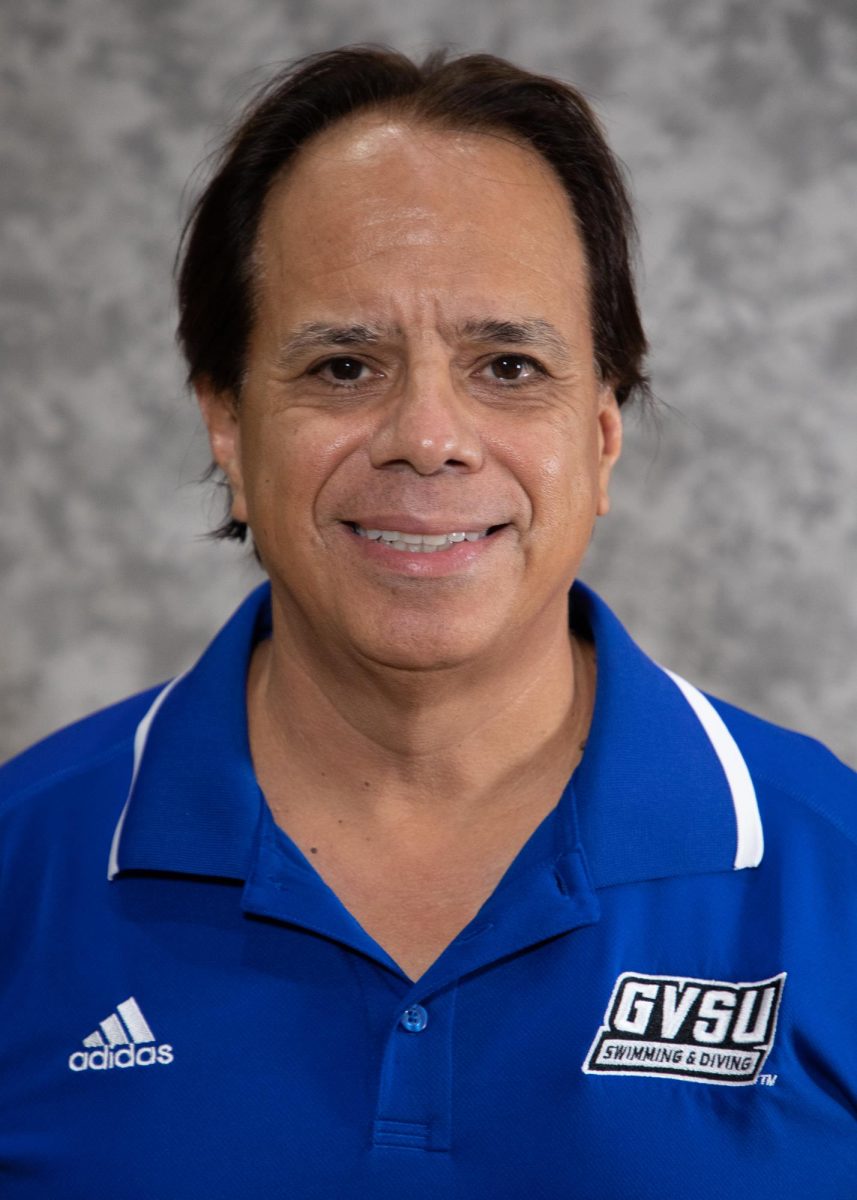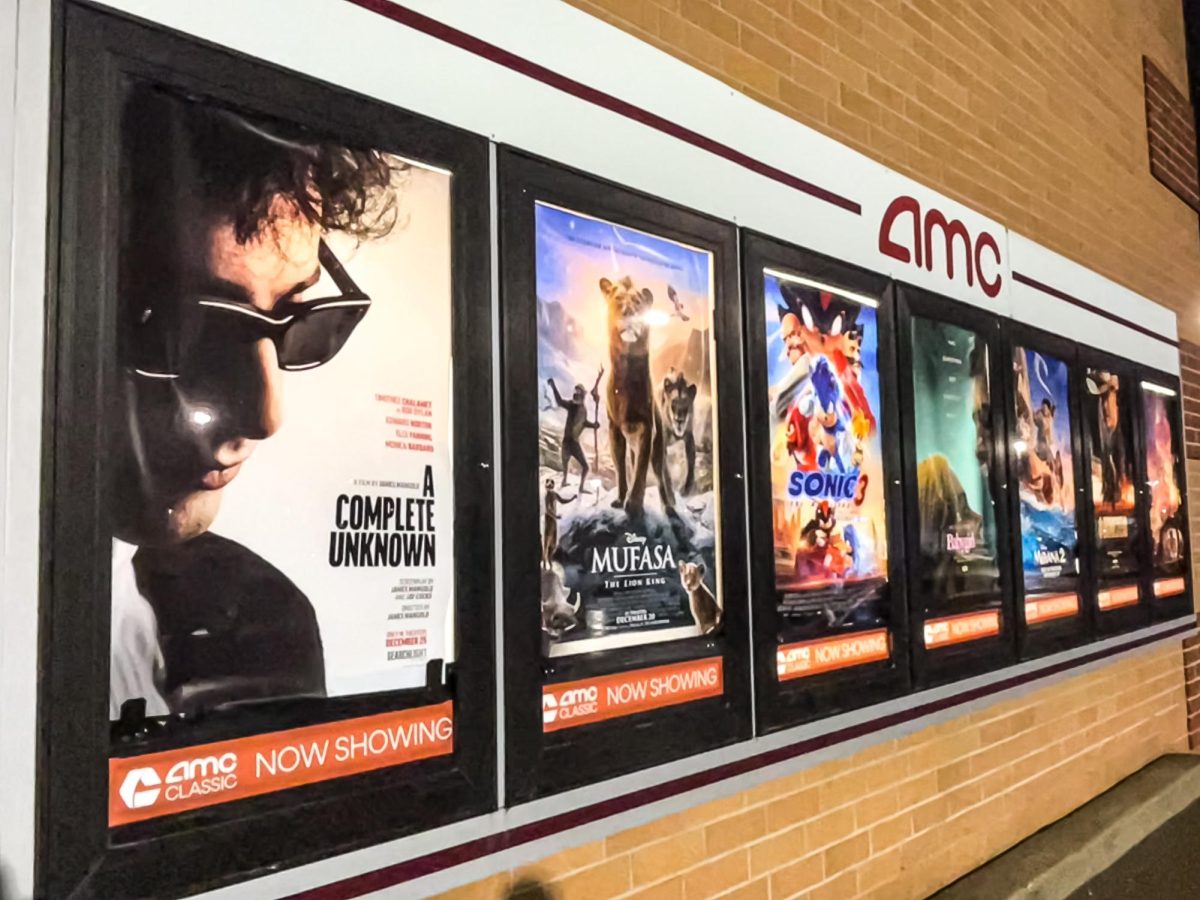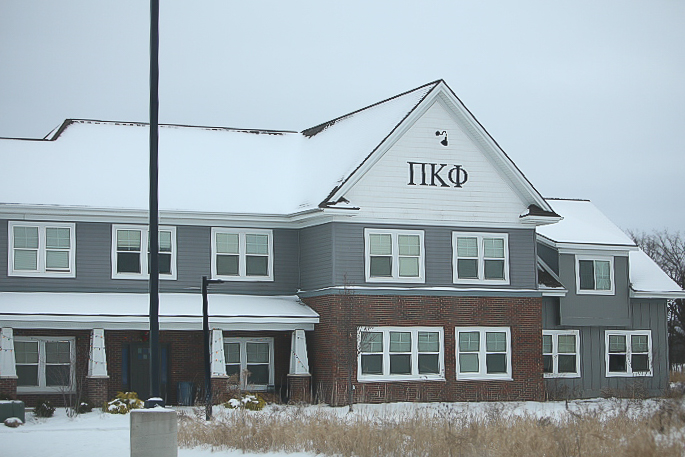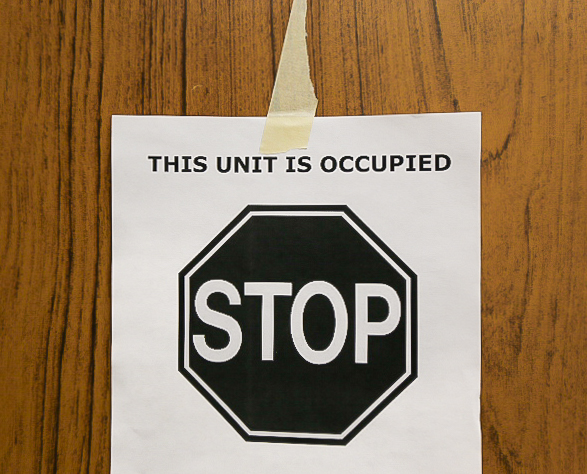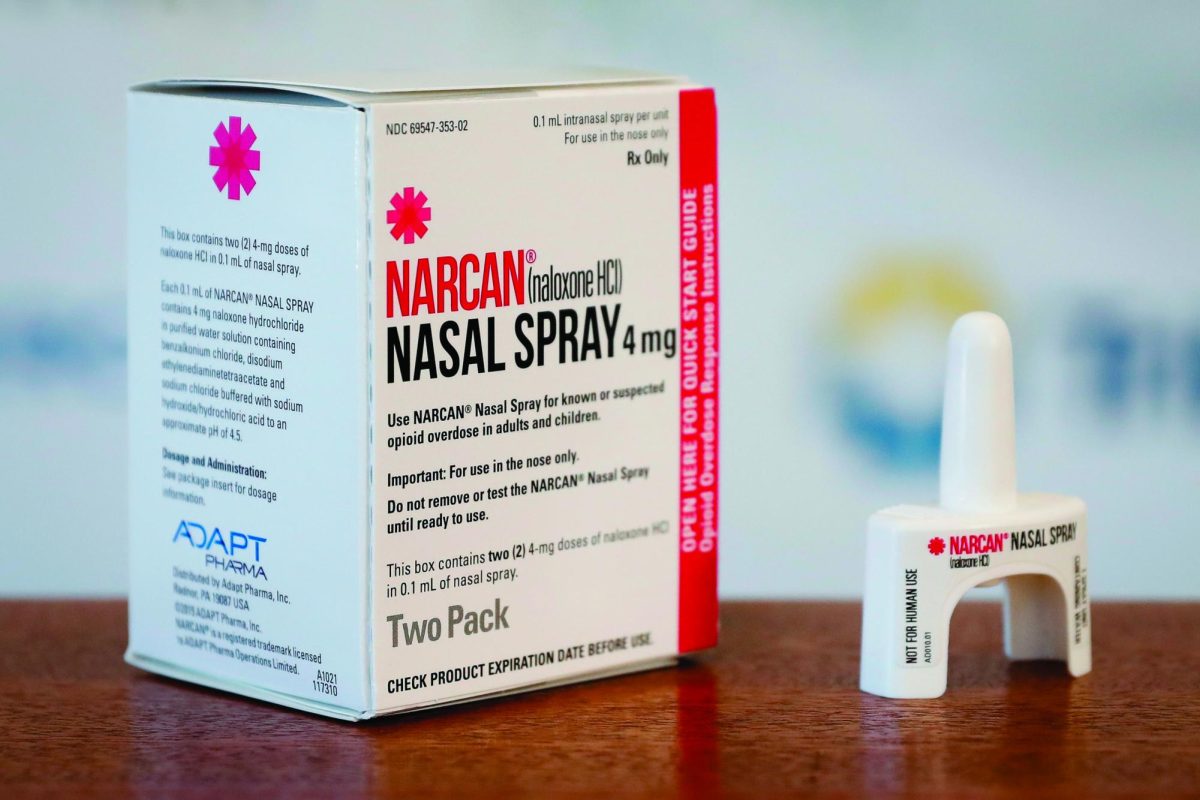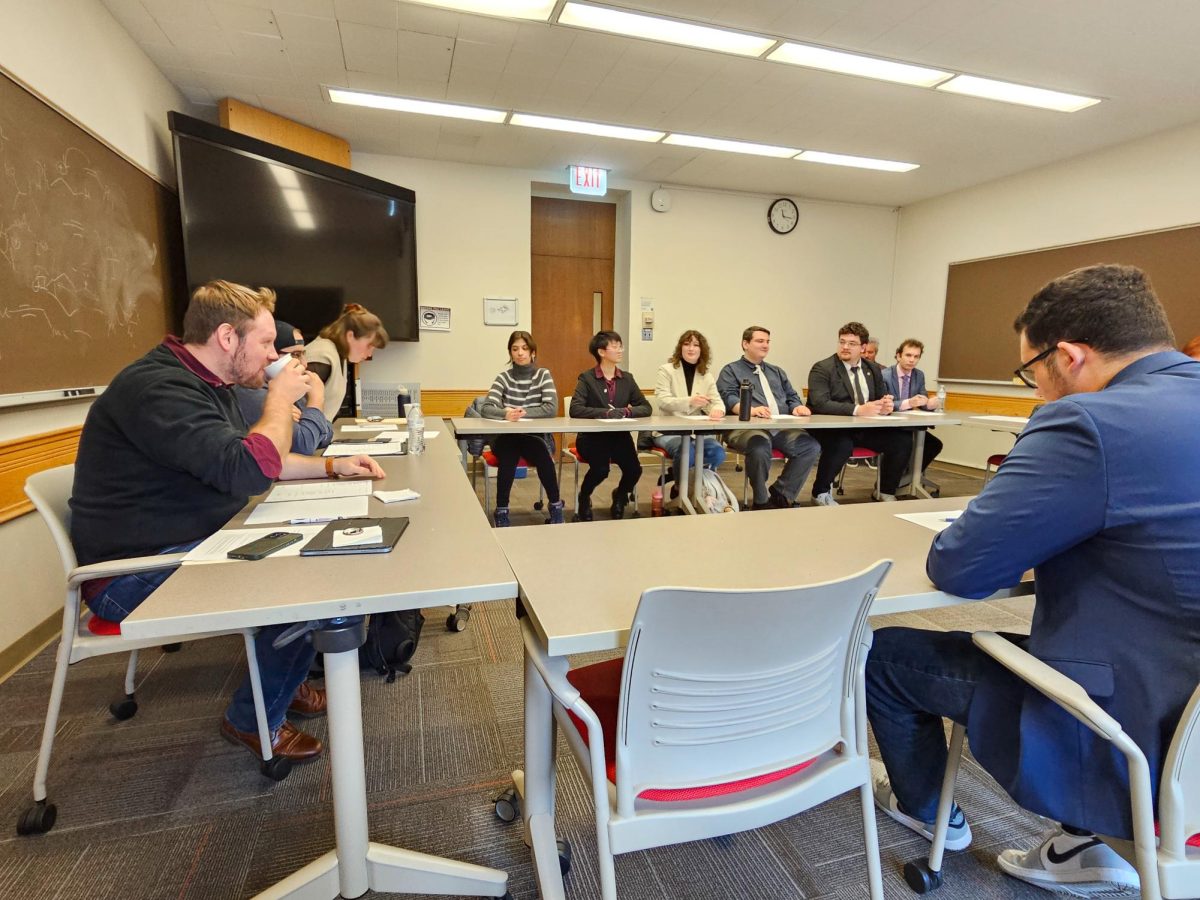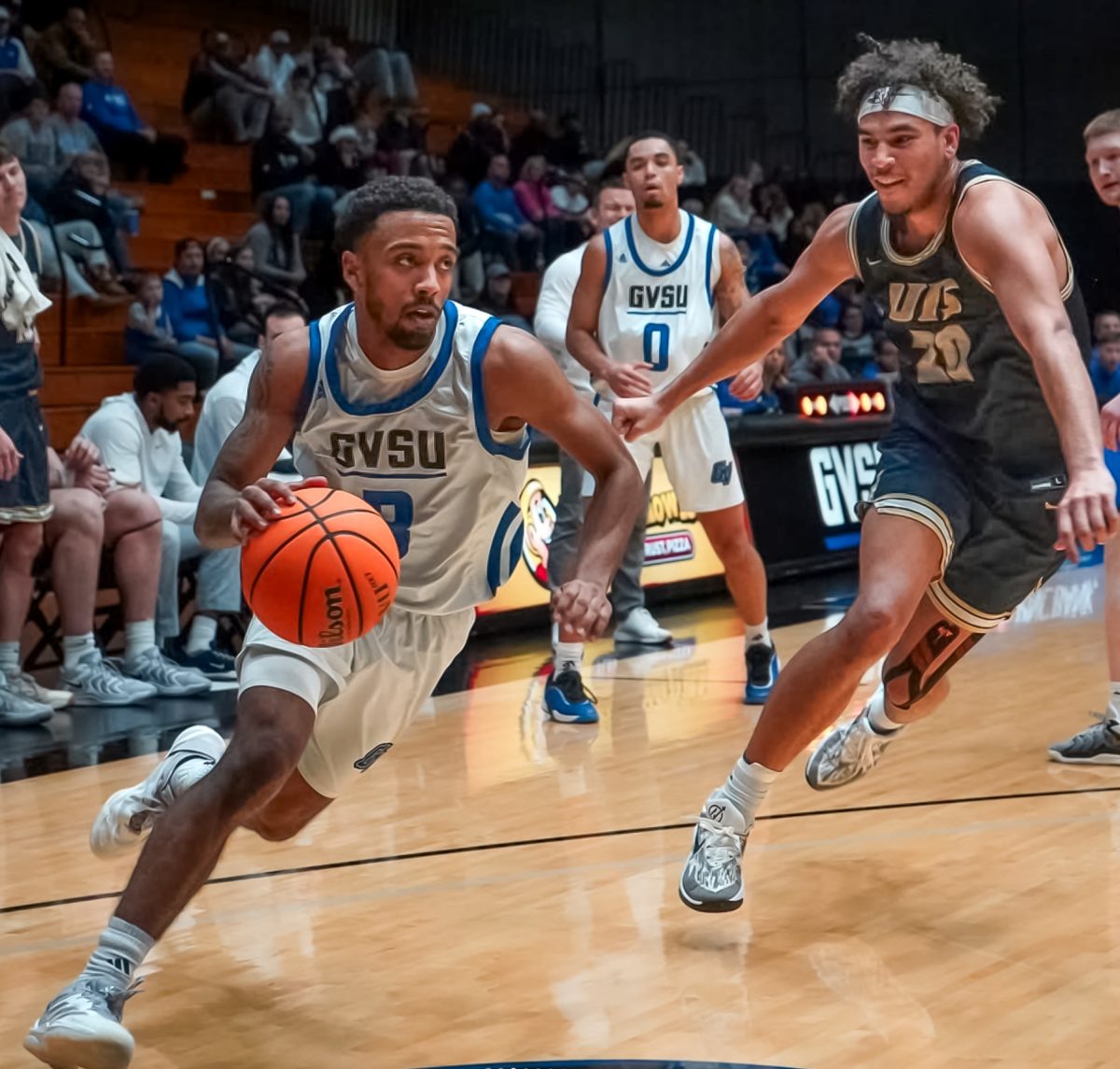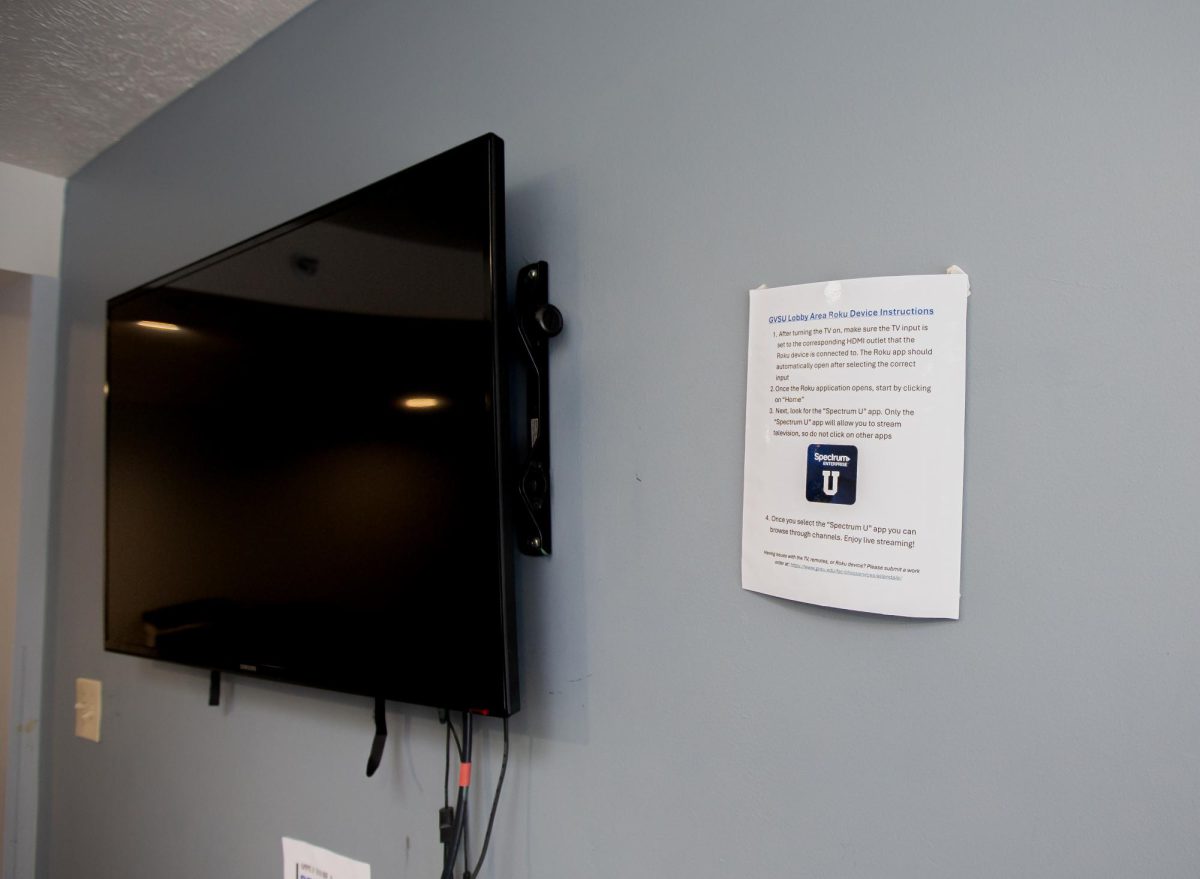Column: What went wrong with the Detroit Pistons
Apr 12, 2018
It’s a rough time to be a Detroit sports fan.
While cities like Boston, Philadelphia, and Cleveland are riding a recent wave of success across their major sports (excluding the Philadelphia Phillies and Cleveland Browns, sorry), Detroit has abruptly sunk from being a top three sports town in the U.S.
The Tigers hit the reset button on their franchise by trading superstars for prospects, the Red Wings are leavings fans scratching heads due to some questionable front office decisions and the Lions … well, somehow the Lions have the most promise in Detroit.
Just think about that for a second.
And then there are the Detroit Pistons, who were recently eliminated from postseason contention for the eighth time in nine years.
Additionally, this is the third time in his four-year tenure as head coach and president of basketball operations that Stan Van Gundy has led his team to a losing record.
After the Pistons moved from The Palace of Auburn Hills to the newly built Little Caesars Arena in downtown Detroit, fans and critics were optimistic about this core group developing into an Eastern Conference heavyweight.
After the Pistons acquired Avery Bradley from the Celtics—one of the best perimeter defenders in the league—it appeared as if Detroit had found its anchor for the starting lineup.
Reggie. Avery. Stanley. Tobias. Drummond.
But despite one of the best starts in franchise history, the Pistons are finishing their season with a 39-43 record—one spot out of the playoffs. It’s also just a one-win improvement from the year before.
So, the main question of this season remains: What exactly went wrong?
Reggie Jackson’s ankle injury
While Reggie Jackson doesn’t crack the list of top NBA point guards, it’s hard to deny the offensive impact he creates for his teammates. In a pick-and-roll-heavy offense—tailored for two-time All-Star Andre Drummond—Jackson takes on the role of this team’s primary offensive spark.
But after Jackson went down with an ankle injury against the Indiana Pacers in late December, the entire dynamic of the offense changed. Simply put, Jackson is just the best player on this team at creating offense.
Backup point guard Ish Smith had step into the starting role. For a team that relies on the threat of 3-point shooting to create spacing, Smith—not a 3-point shooter (yet)—made it easier for opposing defenses to back off him and guard other shooters.
My heart hurts saying this because I actually like Smith’s game. He can easily be the fastest person on the court. His midrange shot is money in the bank when he’s open. But he does those things best … off the bench.
The results showed how much the Pistons missed Jackson. With him, Detroit had a 28-17 overall record. Without him, 12-25.
The Blake Griffin trade
Before you jump to conclusions, I don’t mean that having Blake Griffin on this roster is a bad thing. Griffin is a superstar in this NBA and still has room to grow at the age of 29 (for scale, Lebron James is 33). If you have a chance to get a five-time All-Star and four-time All-NBA Team member, you take that chance nine times out of 10.
But in order to obtain Griffin from the Clippers near the trade deadline, the Pistons had to trade an arm and a leg of their depth. Detroit had to say their goodbyes to reliable starters (Tobias Harris and Avery Bradley), a scoring threat/beast off the bench (Boban Marjanovic) and the rights to the 2018 first-round (lottery) draft pick.
Looking back, it’s clear the Pistons gave up way too much for their return. Besides Griffin, the Pistons only received center Willie Reed (immediately traded to Chicago after a domestic violence suspicion for a Jameer Nelson well past his prime) and Brice Johnson (immediately traded to Memphis for James Ennis III). Ennis has potential, but does he make this trade even?
No.
But without Jackson, Tobias and Avery, Griffin had to immediately take the reins on offense. The problem is, Griffin has never done that in his career.
That was Chris Paul’s job.
With an offseason of training and getting accustomed to the offense, a healthy Griffin will be a great asset for the Pistons moving forward. Unfortunately, his $140-million contract through 2022 limits the team’s ability to build around the core of him—while keeping Drummond and Jackson doesn’t seem possible without somehow breaking up the trio.
Stan Van Gundy
Ugh.
This guy brought such high hopes when he came to Detroit. This city has had to deal with coaches like Lawrence Frank, John Kuester and Mo Cheeks. Never heard of them? Good.
So when Van Gundy got here, there was finally excitement to return this team to old form. If he could help make Dwight Howard the most dominant center in the league, he could do it with Drummond.
In just his second season, he flipped and traded the entire roster into a playoff team around Drummond. Even though Lebron swept them in the first round, they sure looked good during that buttkicking.
But after that 2015-16 season, Van Gundy has made some questionable coaching and front office decisions that have turned a bright future into one filled with question marks.
First, his recent use of draft-pick selections has been … poor. His most recent draft pick was shooting guard Luke Kennard. The selection was a ‘win-now’ selection for a reliable 3-point shooter. Kennard has the potential to be that person, but Detroit will forever recite Katy Perry’s “The One That Got Away” when thinking of Utah’s Donovan Mitchell.
To sum it up with numbers, Kennard is averaging 7.4 points a game. Mitchell helped carry a Gordon Hayward-less Jazz team to the playoffs while averaging 20.5 per game.
He also set a rookie all-time record for three point completions in a rookie season.
Not only has his drafting been questionable (I didn’t forget about you, Henry Ellenson), but the use of his youth has been even more puzzling. After he traded starting shooting guard Avery Bradley, fans like myself expected to see Kennard step into the starting lineup. But he didn’t.
Time for a mini-rant. If you’re losing game after game with the same exact lineup, what more do you have to lose by giving your young guys valuable minutes in crucial game situations? It’s frustrating to watch the supposed “future” of the franchise sit on the bench when you know they can contribute offensively.
Lastly, the trade for Griffin was a “win now” move for the Pistons. Whether it was meant to win games or win over fans to buy tickets, this move was a risky one to establish job security heading into next season. With the team missing the playoffs, the Pistons not only traded away their lottery draft pick, but their current salary cap situation allows the team little-to-no wiggle room to sign free agents.
Owner Tom Gores has a decision to make about Van Gundy’s future with Detroit, and that time is ticking. To save the future of this franchise, there will most likely have to be a major shake-up to the roster—even if that means trading away Drummond or Jackson.
Until then, get comfortable being a Lions fan. It’s all we’ve got for now.




